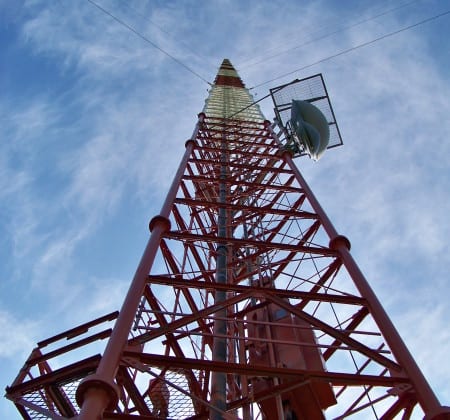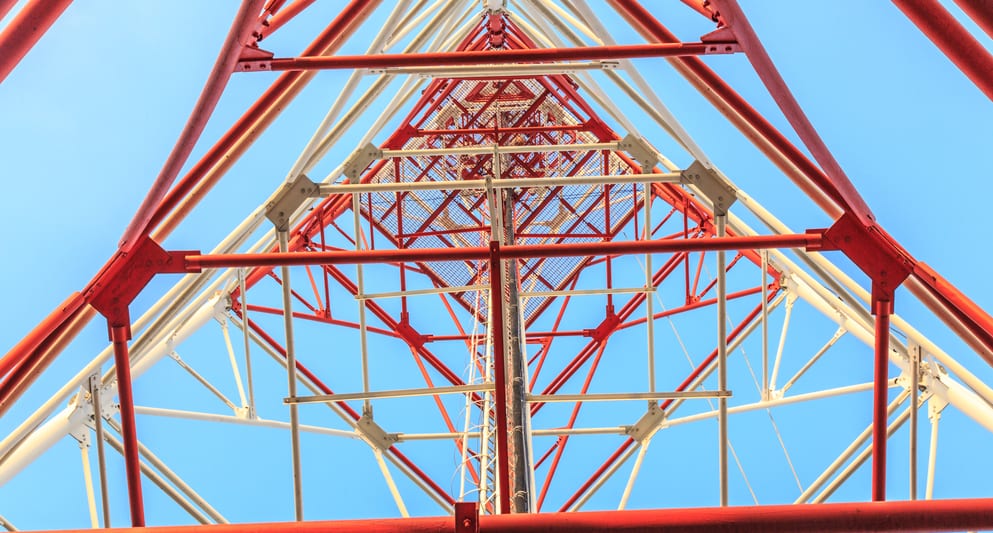Ever wondered how you’re able to instantly stream that live baseball game to your phone? In large part it’s thanks to the type of work WirelessWerks techs do to improve data capacity on massive wireless towers. The 80-person, Portland, Ore.-based company provides quality assurance for wireless carriers and construction companies across the country. Its field techs routinely climb multiple cell towers per day — most are 300 to 500 feet tall — and are often on the road for 30 days at a time.

Gord Breese
Wireless infrastructure has changed rapidly in the nearly two decades since WirelessWerks began its operations, says Gord Breese, vice president and general manager at the company. Breese, who’s speaking at Maximize 2015 (May 13-15, San Francisco), explains how WirelessWerks’ service techs keep up with technological change and society’s booming demand for mobile data capacity.
WirelessWerks has been in business since 1998. How have changes in the telecom industry impacted the work your crews do?
It’s certainly been an evolution. We started primarily as a company in the construction space. We have evolved the business and really started focusing on the quality assurance and inspection service markets in 2006. We act as an independent agency to ensure the work that’s contracted is delivered on time, on budget and at the right quality level.

Image via flickr/Raymond Cunningham
The race to keep up with data capacity, in particular, over the past few years has led to a pretty rapid pace of technical innovation for the carriers to be able to carry more and more data capacity. The whole mobility wave has caused a lot of technical innovation to occur in the wireless space, which is partly why we chose to focus on it.
How does WirelessWerks help carriers keep up with our ever-increasing data demand?
AT&T, Verizon, Sprint and other U.S. carriers spend about 35 billion dollars per year keeping up with network capacity demands. The networks and equipment have to be engineered and operated at precise levels. So, it’s critically important that the installation work is done properly. If crews cut corners, it really compromises that quality of the data signal and the carrier network’s performance.
WirelessWerks has a 15-year accident-free record. How do you keep employees safe and manage all the risks associated with multiple daily climbs?
They work in pairs and, ultimately, it’s up to employees to ensure they work safely. We do have a dedicated chief safety officer who provides regular oversight and field updates. There’s annual recertification for safety and climbing. Ultimately, we give all of our techs the right to refuse anything that they see as unsafe. It’s a culture of governing their own self-safety and making sure they look after themselves.
How do you ensure that employee skills are up to date with rapid technological change?
We’ve invested heavily in recruiting confident, capable people who understand how to do this work. We typically recruit out of the construction market, but we’re looking for people who have strong technical skills. We have an online test where we screen whether people are capable of doing this work. We also have a dedicated training facility in Charlotte, North Carolina, to teach employees how to use the tools and technology.
Are there new services you’ve considered offering to the carriers?
We’re the eyes and ears of the carriers’ networks. They don’t have tower-climbing techs, so we can provide a level of insight and information about what’s happening on their networks. For example, we can provide quality performance scores. How is the AT&T network performing by market? What are trends over time? What are some common faults and failure points on the carrier networks? Sprint is going through a major upgrade to their network. They’re going to build thousands of sites, and we’re keen on providing the inspection quality services for them and other customers.
Don’t miss the WirelessWerks team at Maximize 2015 (May 13-15 in San Francisco). Enter code “FSD” at checkout to save 25% — register today!


Share this: